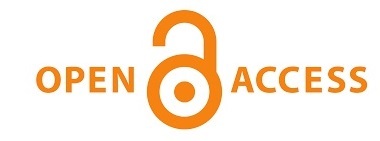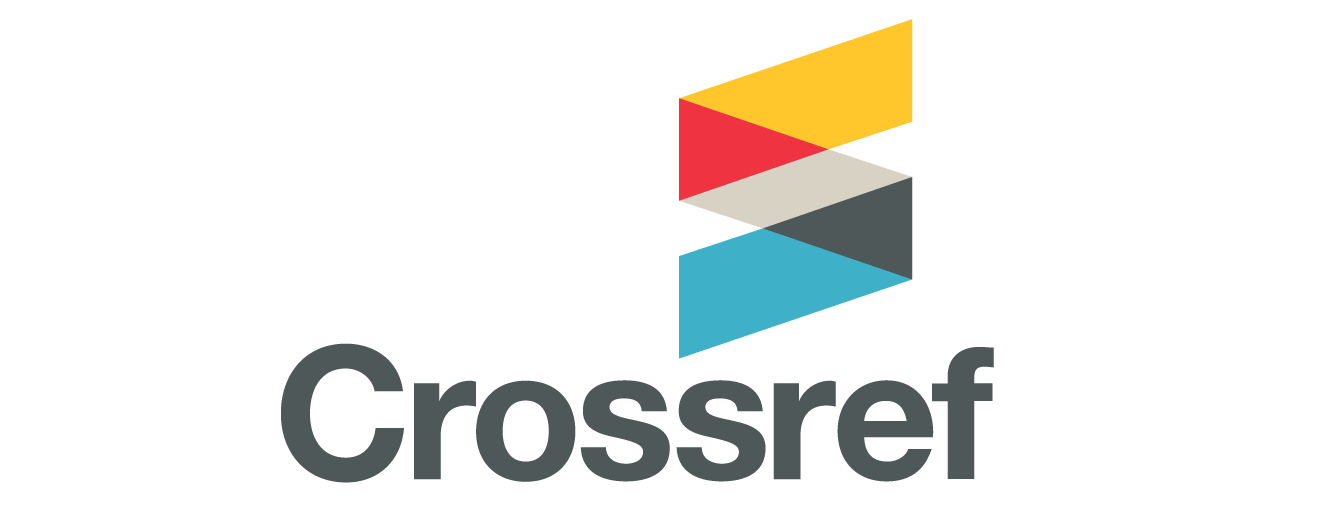Scientific Ethics and Problems of the Purposeful Formation of a Healthy Research Environment
DOI:
https://doi.org/10.15407/sofs2022.02.003Keywords:
scientific ethics, norms of scientific ethics, Max Planck Society, Code of Ethics of the Ukrainian Scientist, National Academy of Sciences of Ukraine.Abstract
The article analyzes the evolution of scientists’ views on the norms of scientific ethics from the time of Merton, who formulated them in 1942, when they were based on social stability of science, to the modern era, when large research teams emerged and science became a mass profession. as to whether the imperatives of the ethos of science proposed by him remain relevant today. The results of a study aimed at finding mechanisms for self-purification of science by strengthening control over the observance of scientific ethics, improving awareness of responsibility for the results of their own scientific activities, streamlining the means of responding to violations of the above norms. It is substantiated that the purely moral influence on violators of the norms of scientific ethics today is not sufficient, it must be supplemented by special mechanisms to purify science from this category of scientists. The experience of the Max Planck Society regarding the implementation of legal documents on scientific ethics is considered. The Code of Ethics of the Ukrainian Scientist, approved by the Resolution of the General Meeting of the National Academy of Sciences (NAS) of Ukraine on April 15, 2009, is analyzed. This is partially confirmed by the results of a survey conducted in 2021 by young researchers of the NAS of Ukraine, who reported the existence of certain facts of violation of scientific ethics. Based on the results of the study, the authors proposed to prepare and approve at the regular session of the General Meeting of the NAS of Ukraine additions to the Code of Ethics of the Ukrainian Scientist, which include: creation of a group of coordinators of the above-mentioned consultants at the bureau of each branch of the NAS of Ukraine; formation of similar groups (commissions) in each section of the NAS of Ukraine; building a public database with the names of plagiarists and counterfeiters; amendments to the statutes of institutes that will provide a scheme for “cleansing” NAS staff from violators of scientific ethics: from reprimands fixed in decisions of the Academic Council or in director’s directives to deprivations of the right to work in research institutions of the NAS of Ukraine and inclusions of violators’ names in the database of plagiarists and falsifiers.
References
Merton R.K. (1973). The Normative Structure of Science. The Sociology of Science. Theoretical and Empirical Investigations. The University of Chicago Press, Chicago and London, 267–278. URL: https://law.unimelb.edu.au/__data/assets/pdf_file/0005/3609203/1c-Merton-The-Normative-Structure-of-Science.pdf (last accessed: 14.02.2022).
Barber, B.R. (1952). Science and the social order. Glencoe, Illinois: The Free Press Publ.
Bourdieu, P. (1990). Homo Academicus. Stanford, CA: Stanford University Press.
Mulkay, M. (1983). Science and the Sociology of Knowledge. Trans. from English. Moscow: Progress [in Russian].
Selye, G. (1987). From Dream to Discovery: On Being a Scientist. Trans. from English. Moscow: Progress [in Russian].
Ziman, J. (2000). Real Science: What It Is What It Means. Cambridge: Cambridge University Press. https://doi.org/10.1017/CBO9780511541391
Popovyich O.S., Zhabin S.O., & Klimenkova V.I. (2021). Ethics of science as a factor in its preservation and development. Science and Science of Science, 3, 39–49. https://doi.org/10.15407/sofs2021.03.039 [in Ukrainian].
Downloads
Published
How to Cite
Issue
Section
License
Copyright (c) 2022 Science and Science of Science

This work is licensed under a Creative Commons Attribution-NonCommercial-NoDerivatives 4.0 International License.





